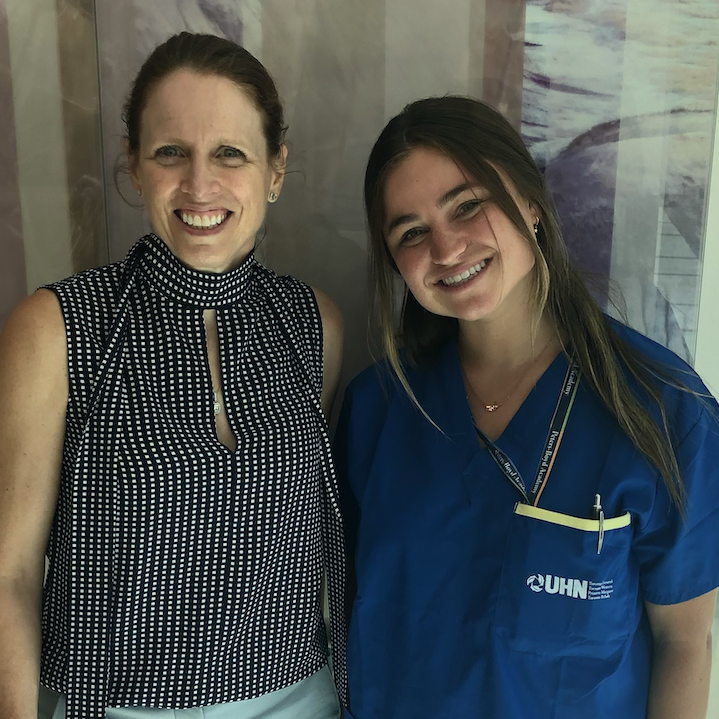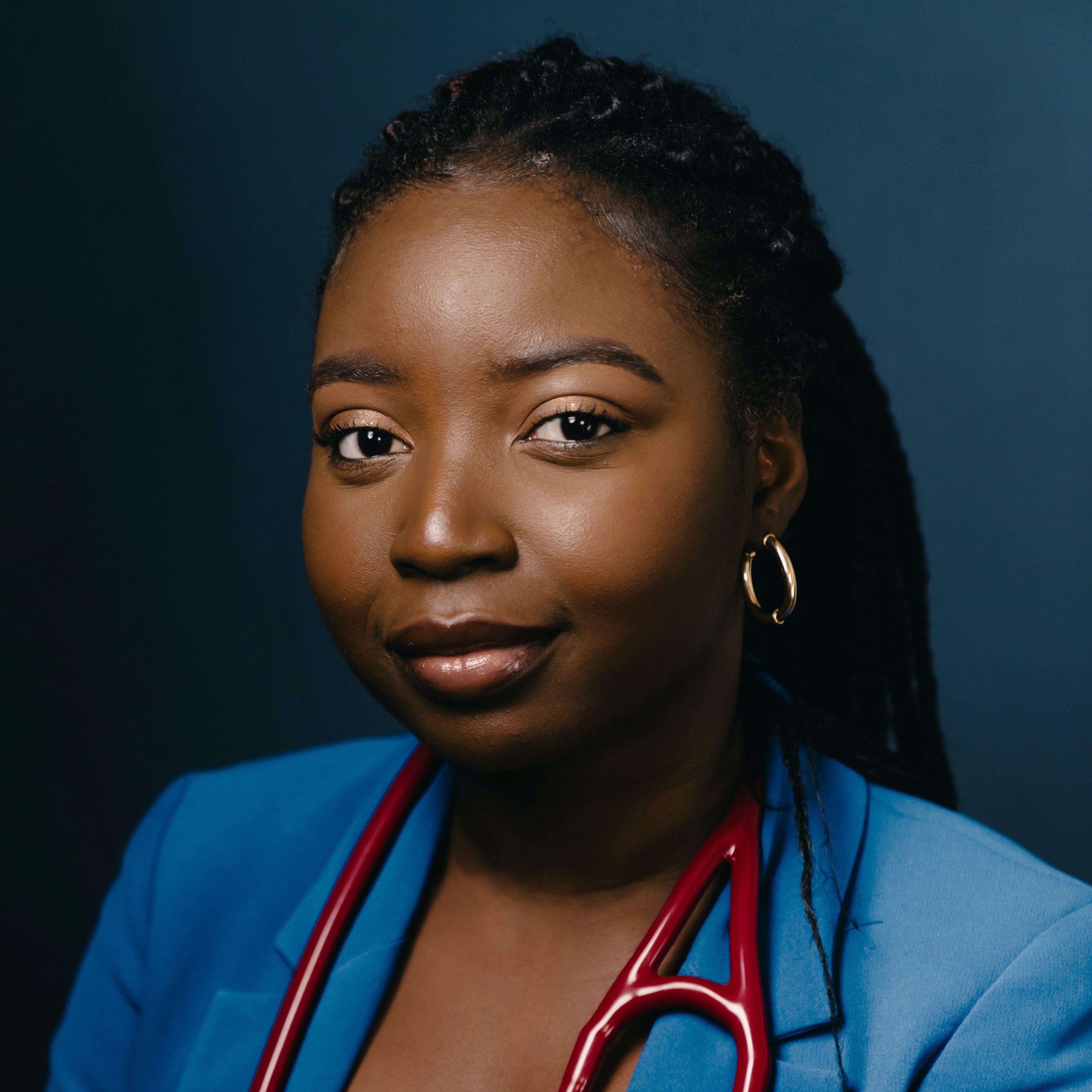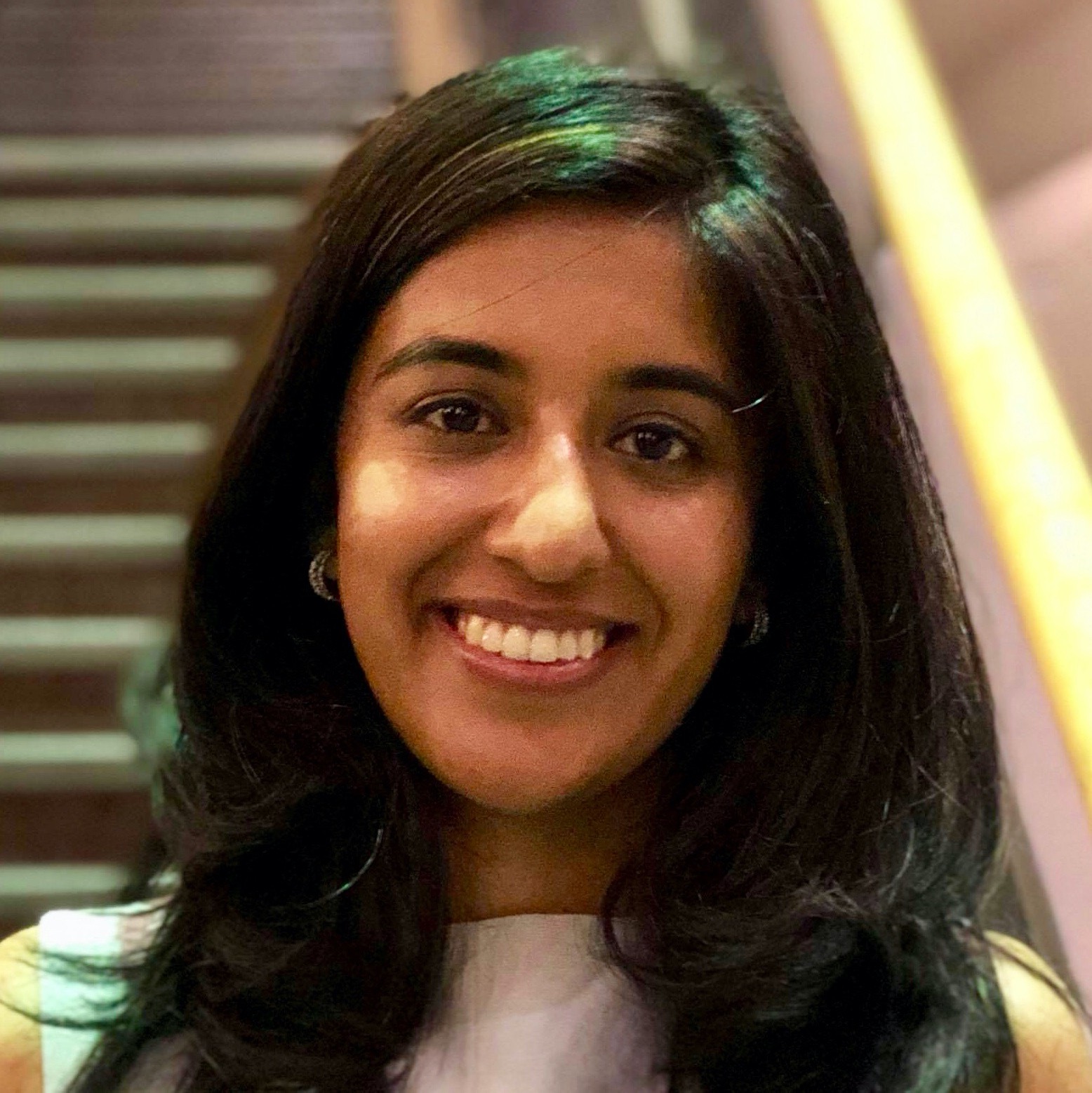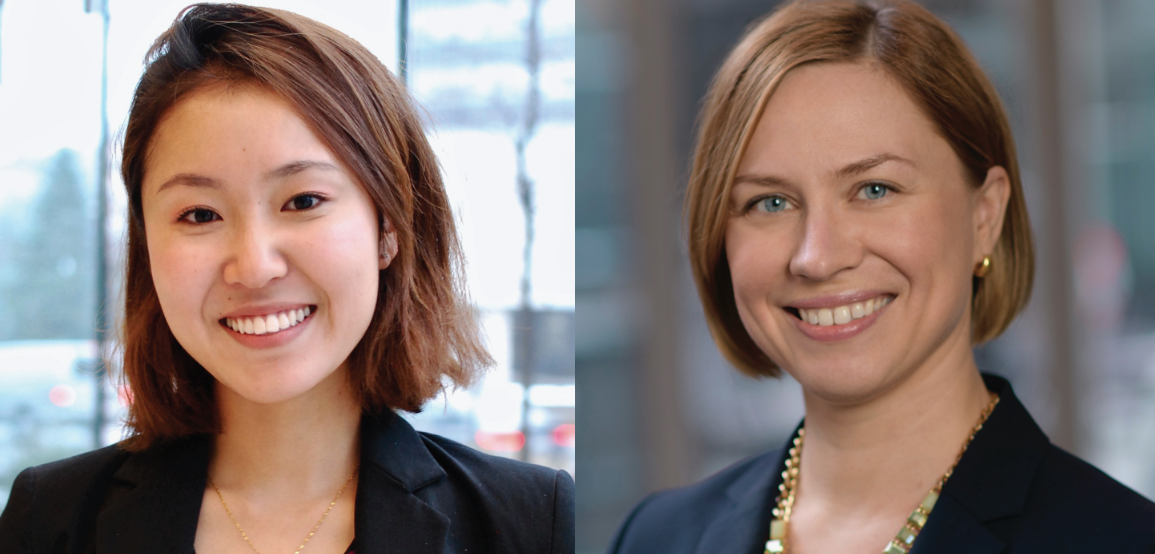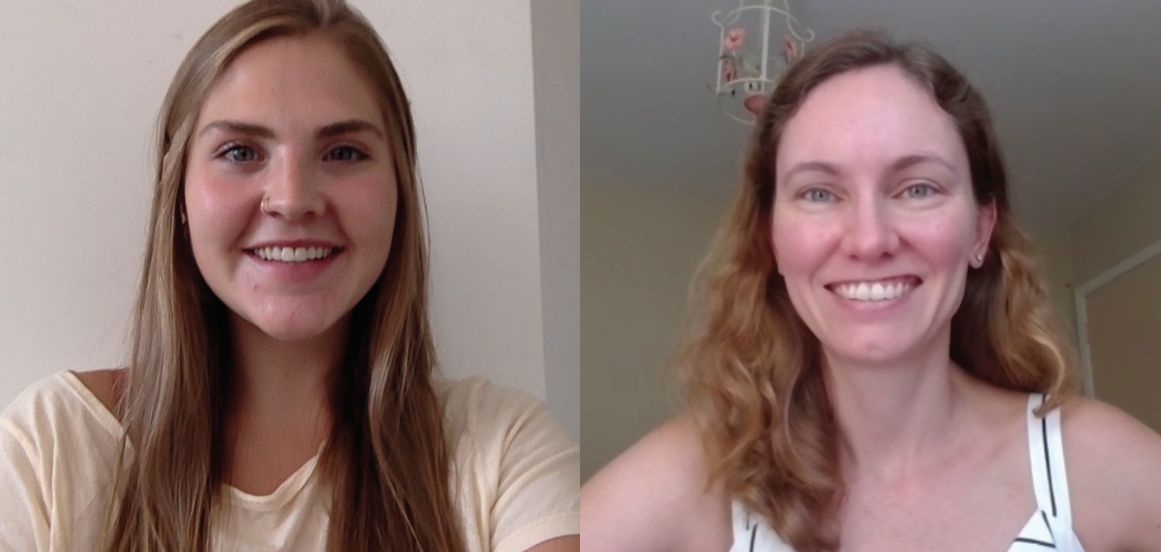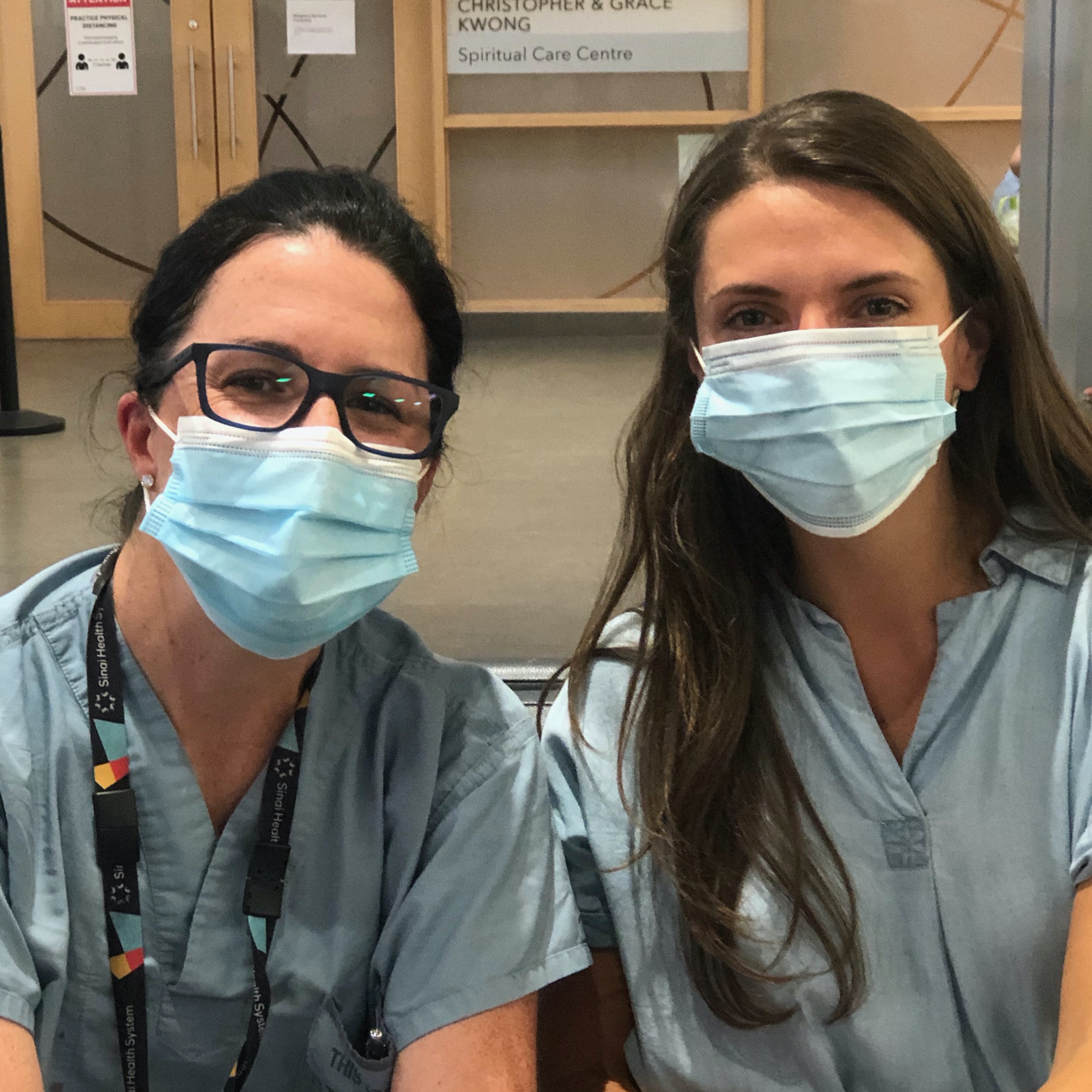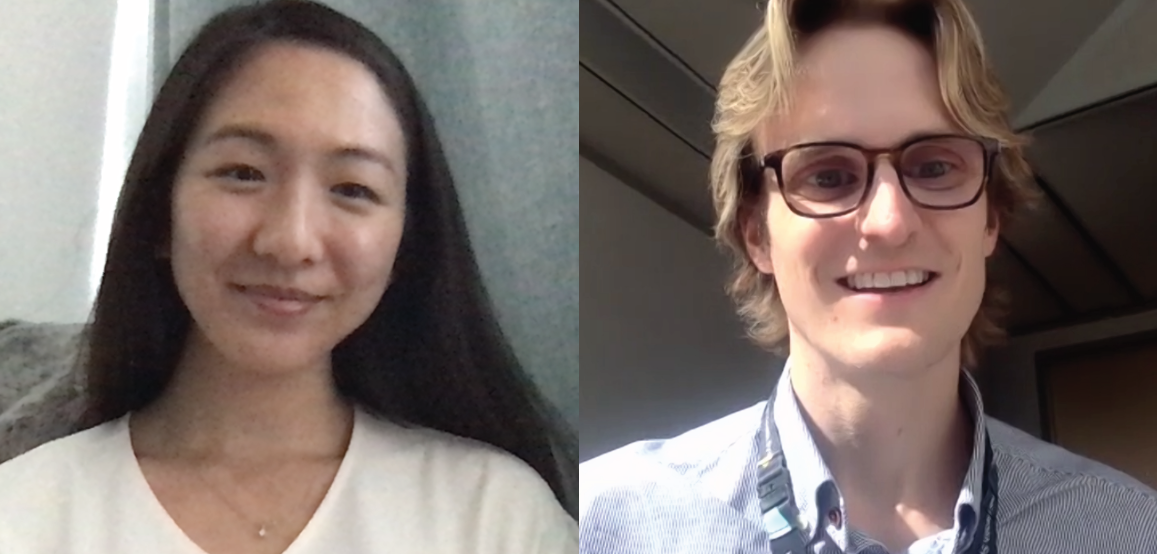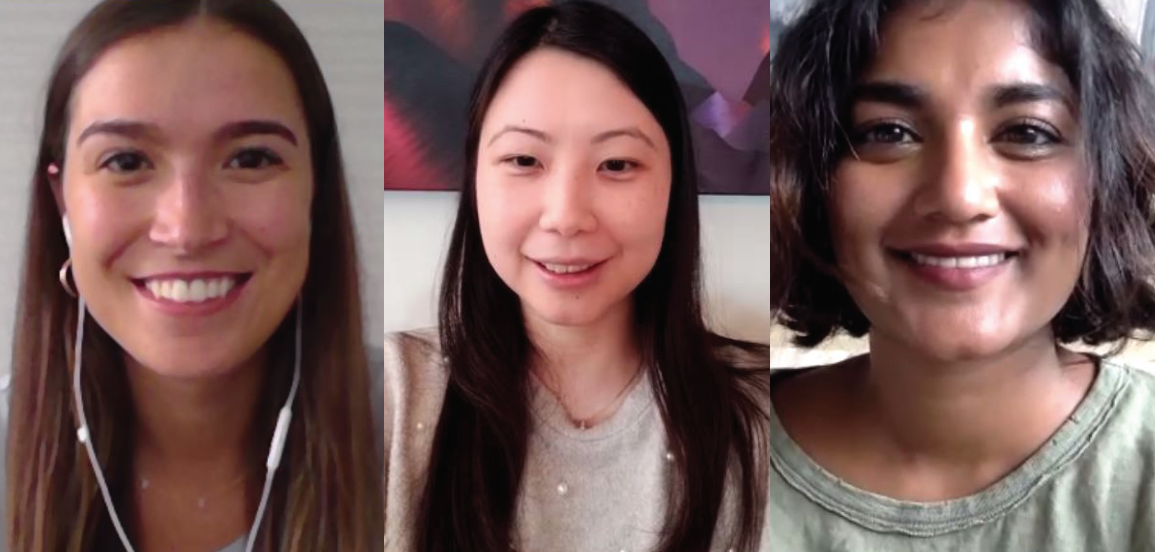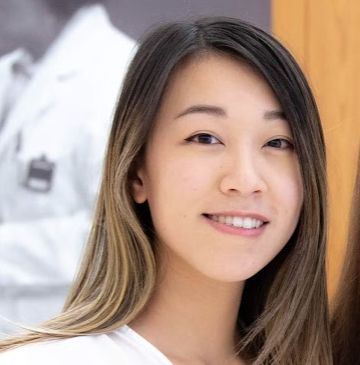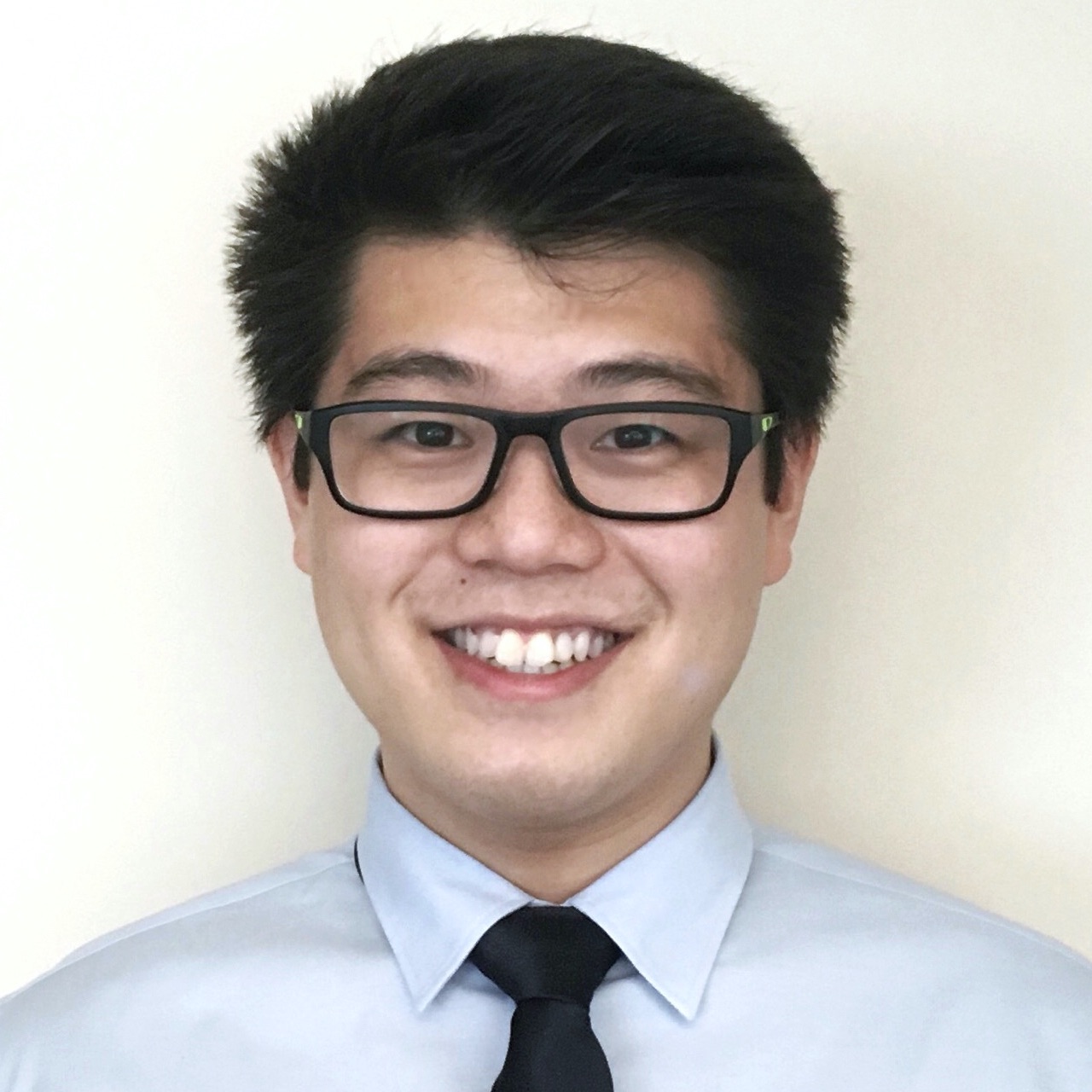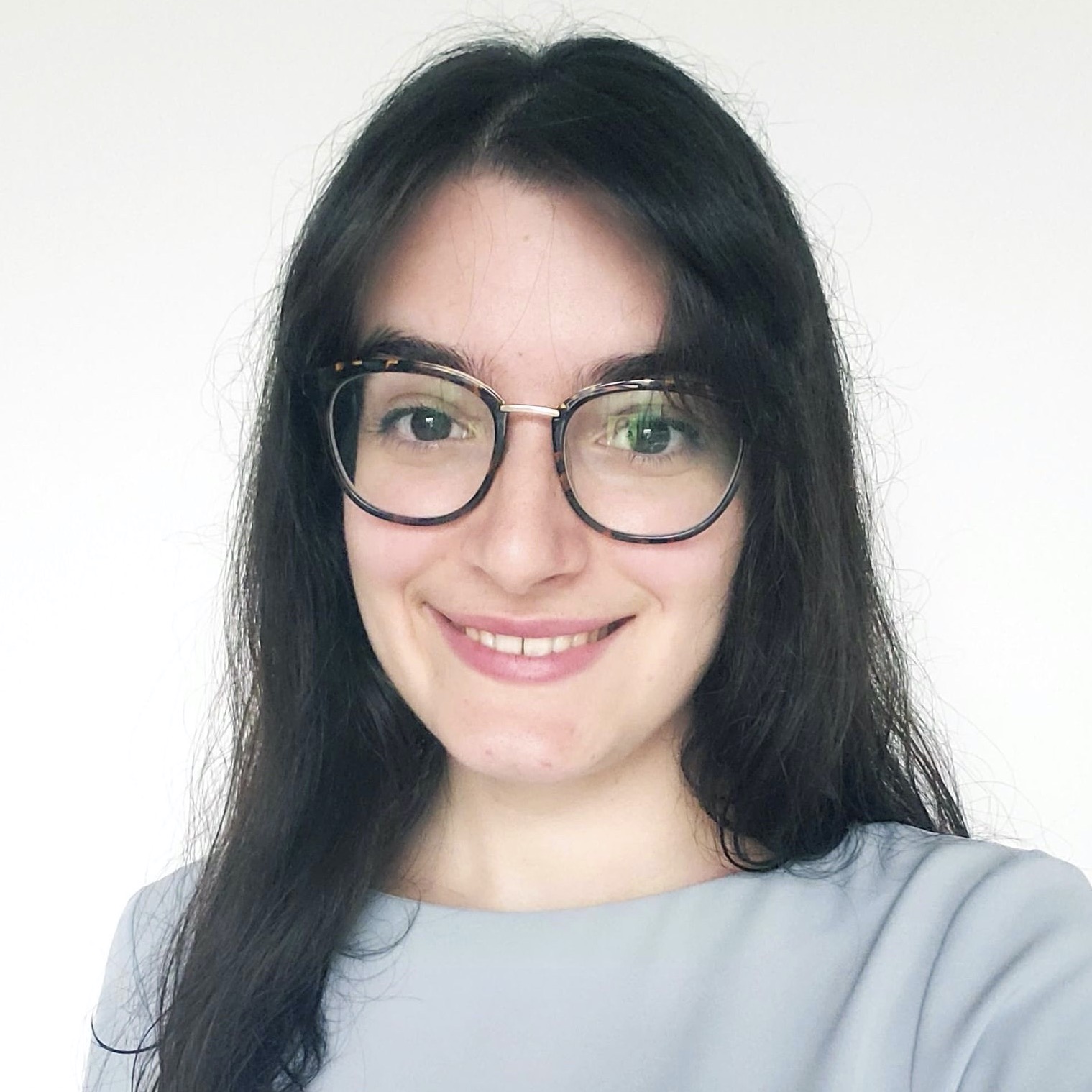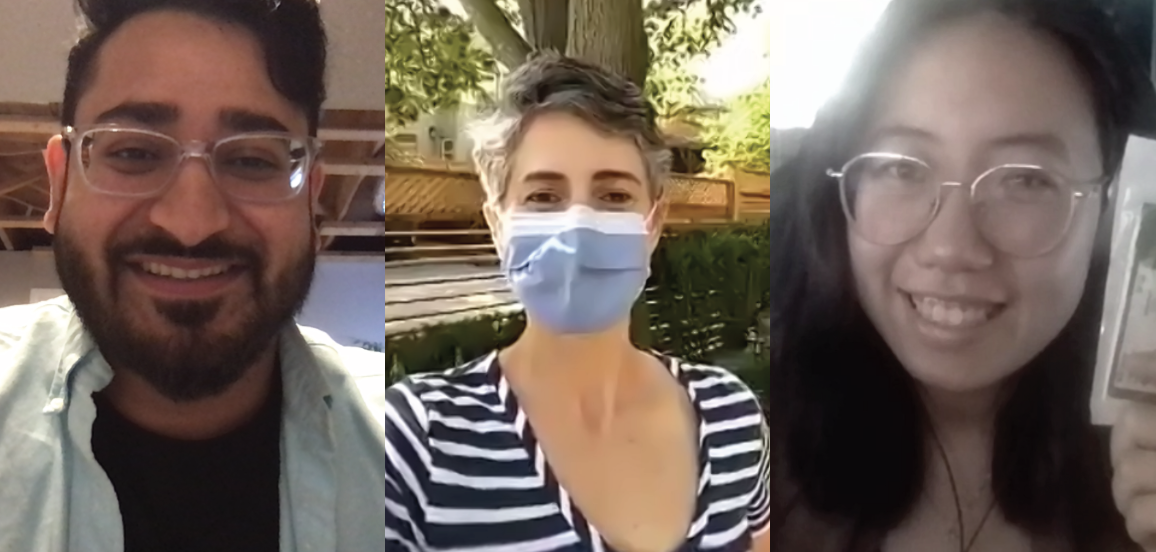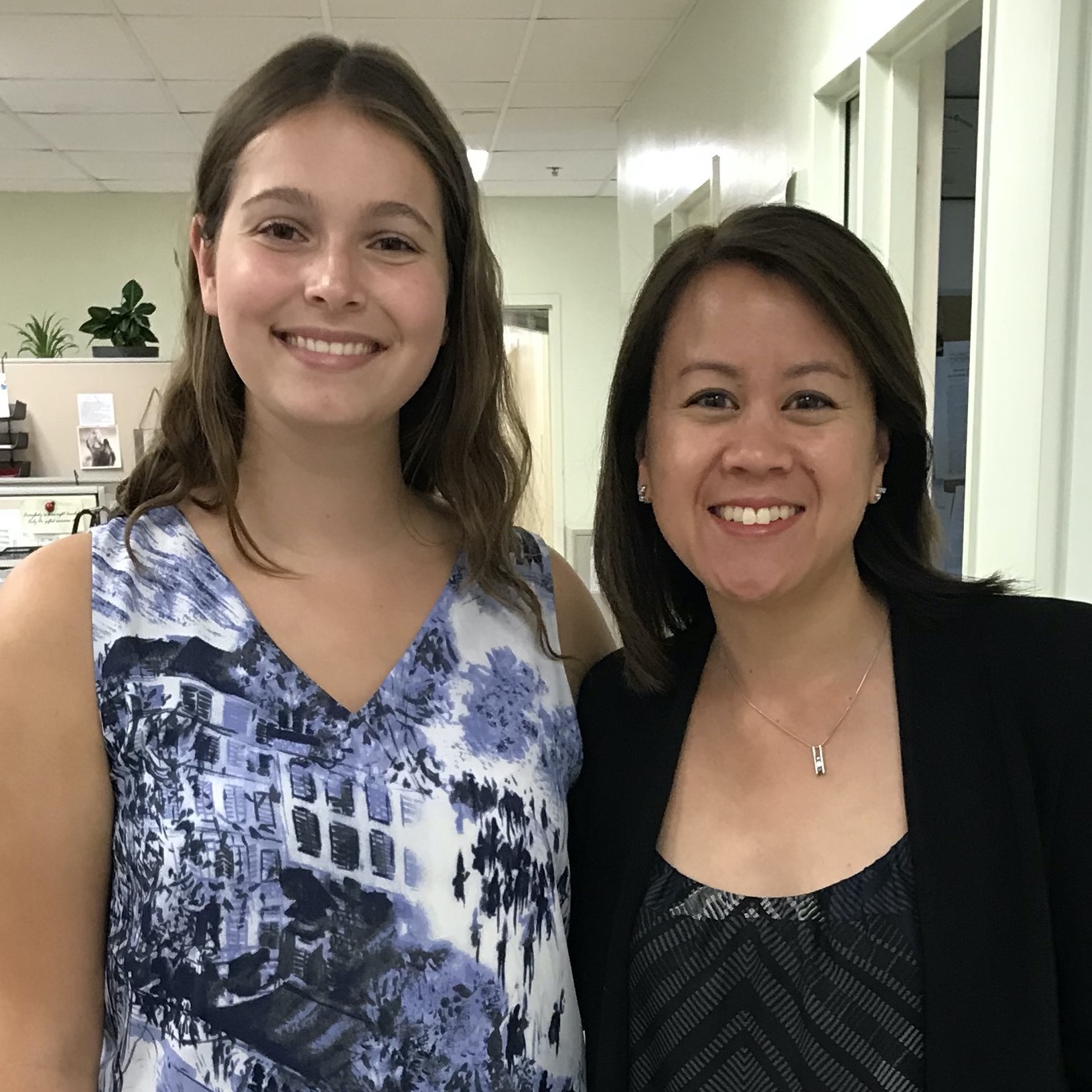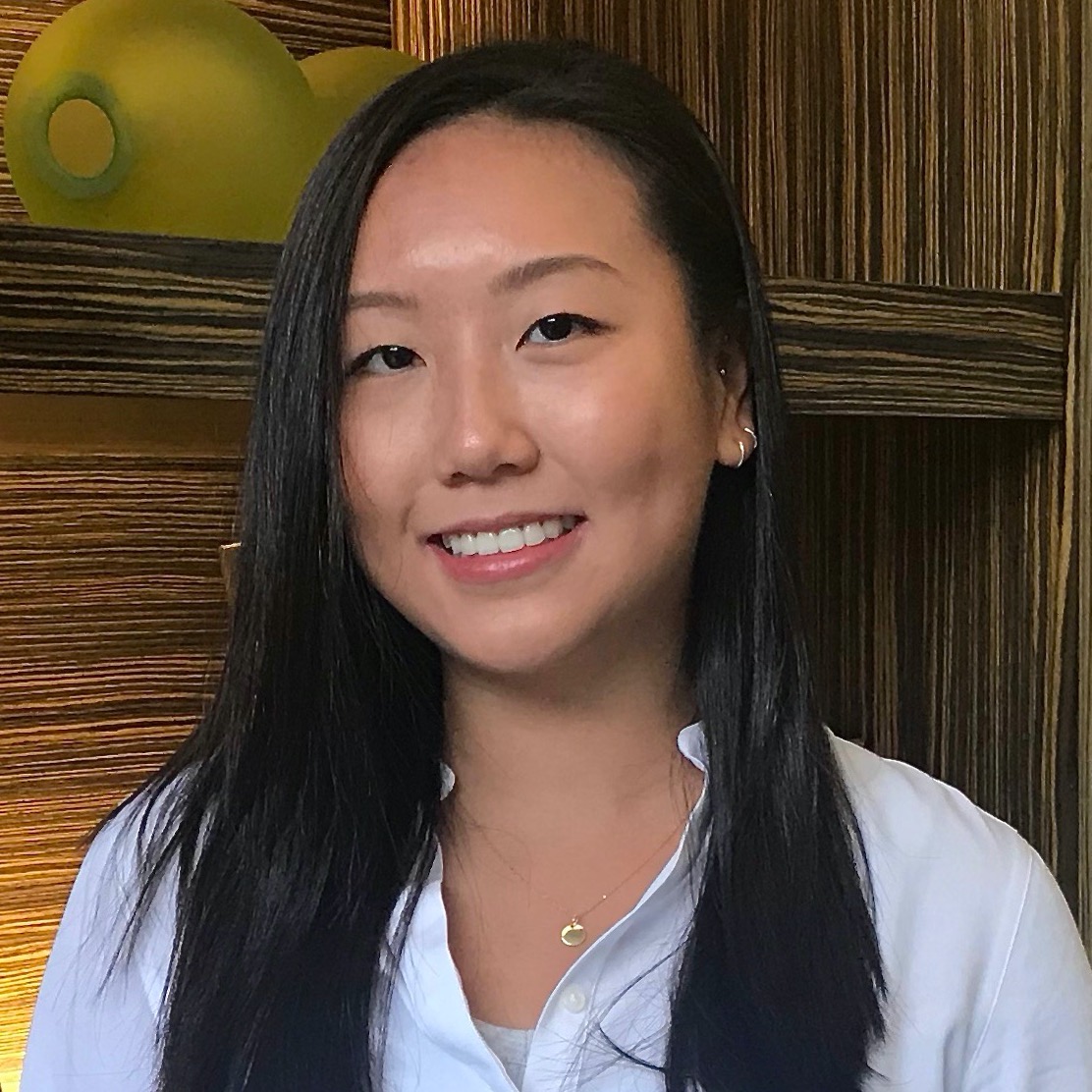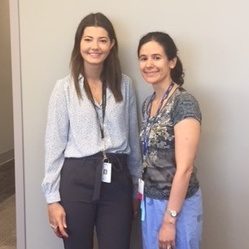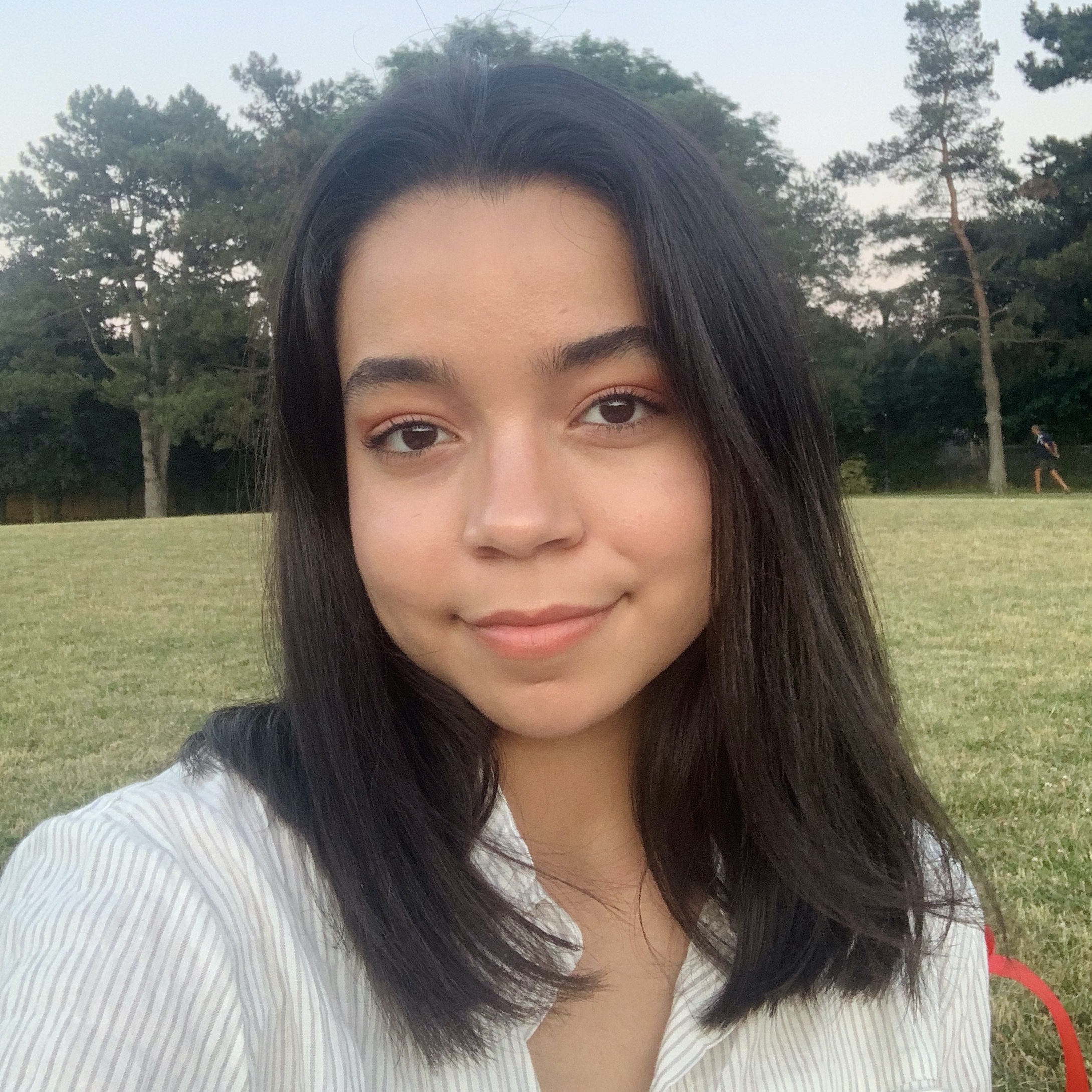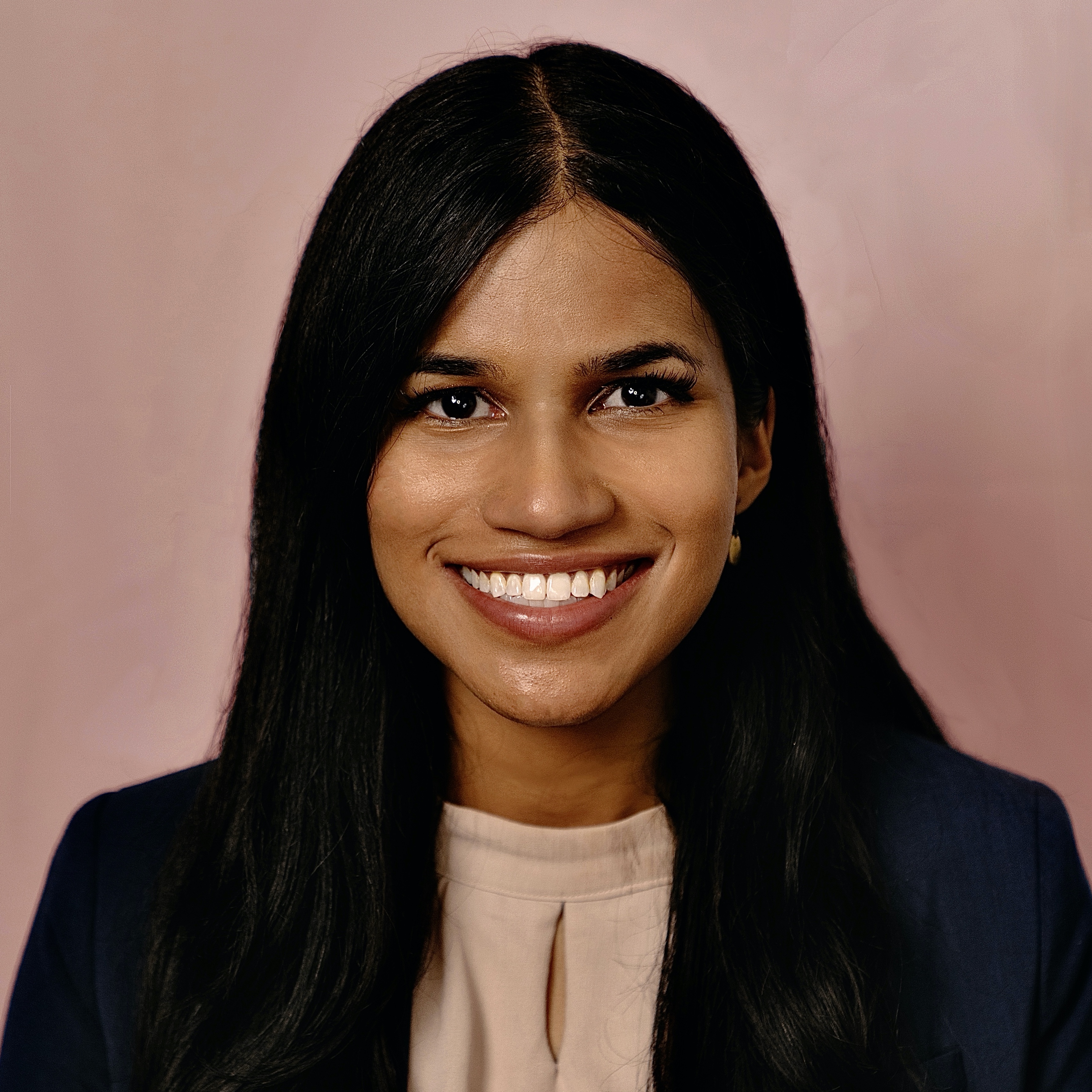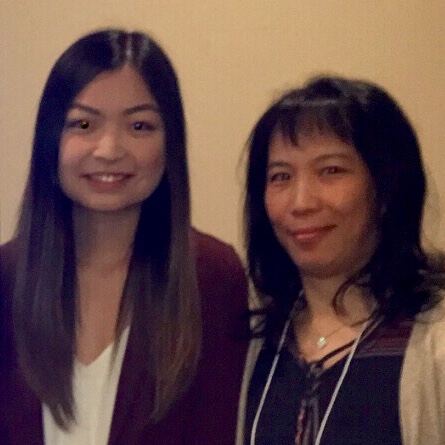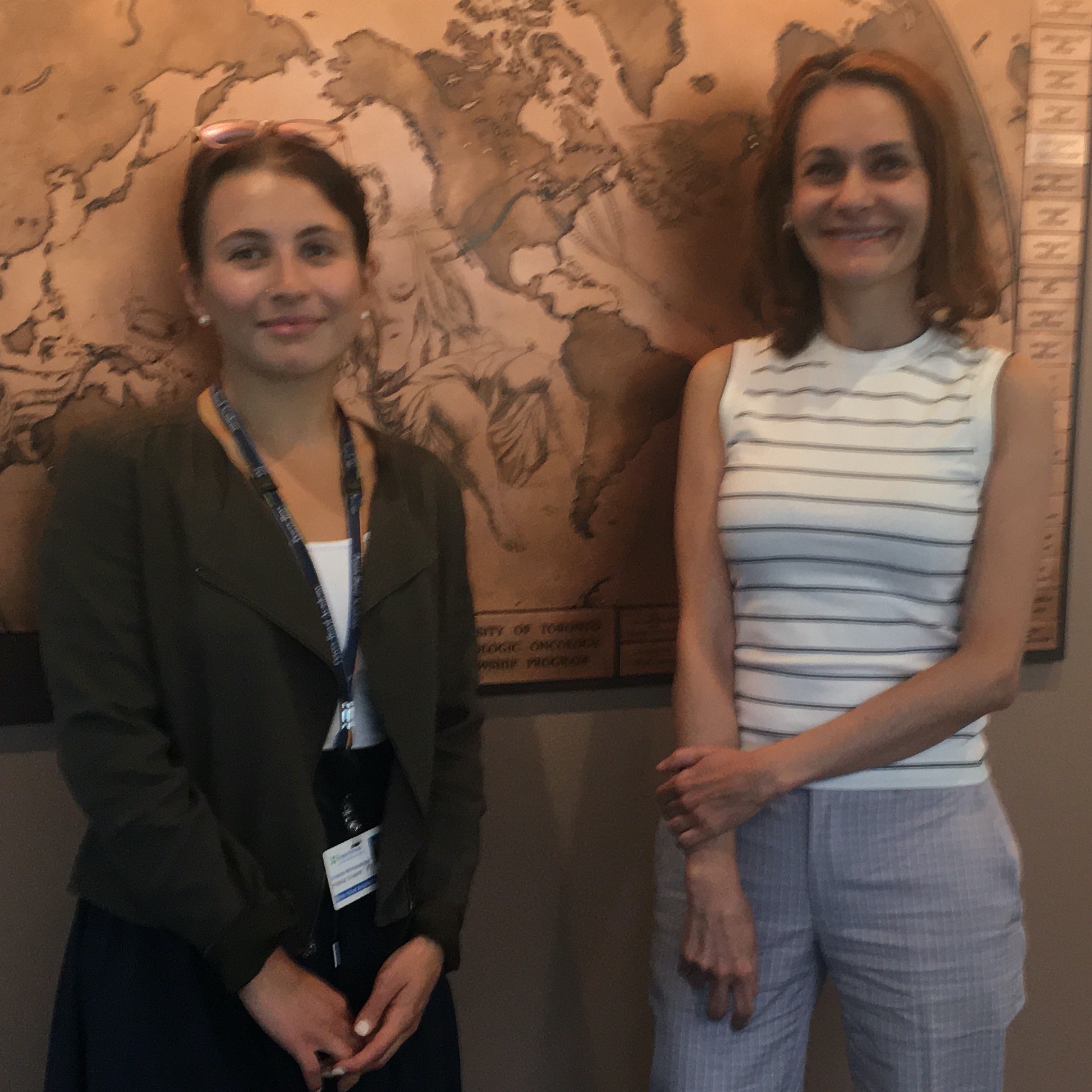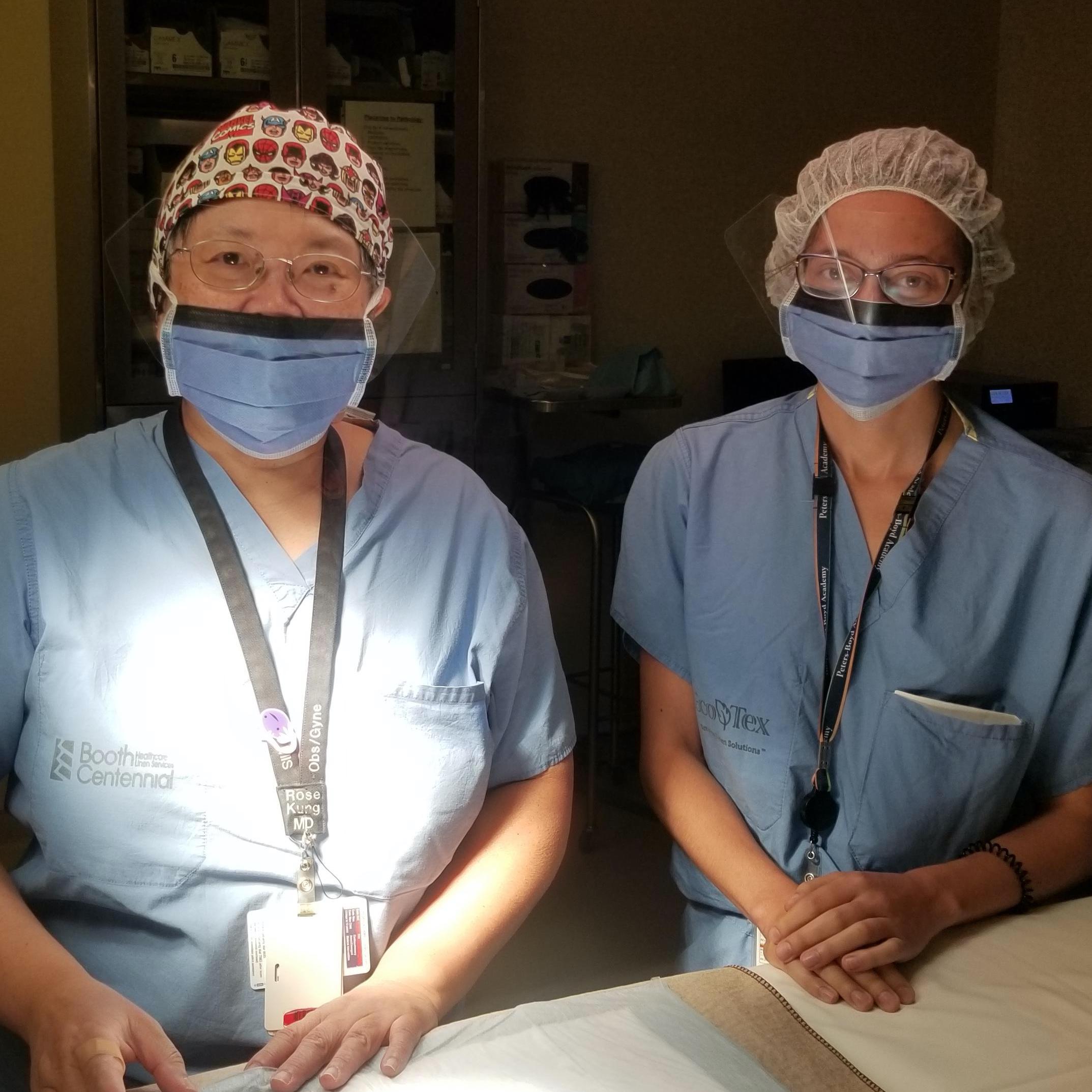Faculty Provide Summer Students with Valuable Research Opportunities
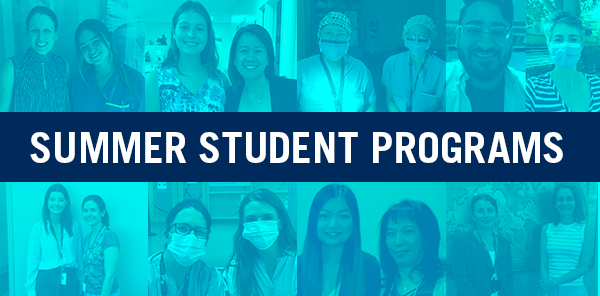
Each year, the Department of Obstetrics and Gynaecology - in partnership with the Temerty Faculty of Medicine - offer our faculty members the opportunity to hire summer students to assist with their research projects. The summer programs include the CREMS (Comprehensive Research Experience for Medical Students) Program - which is open to supervisors and students in all departments of the Temerty Faculty of Medicine - and the Chair’s Summer Student Award - which is open to supervisors holding a primary appointment in the Department of Obstetrics and Gynaecology. Faculty members are provided with funding to hire a student over the summer, allowing the faculty member to obtain assistance with their research and the student to get real-world experience in conducting research.
This year, our Department had 20 summer students working with faculty members on an abundance of projects that touched on each specialty in obstetrics and gynaecology. Fourteen of those students were funded through the CREMS Program and six others through the Chair's Summer Student Award Program. Below you can read more about our 2020 students and their experience with our summer research programs!
| Crems Program | Chair's Summer Student Award Program |
|---|---|
CREMS Program Students
Chair's Summer Students
_____________________________________________________________
Don't want to miss a post? Follow us on social media for more news!
FACEBOOK | INSTAGRAM | TWITTER
If you would like to be a guest blogger, please contact us at obgyn@utoronto.ca.

